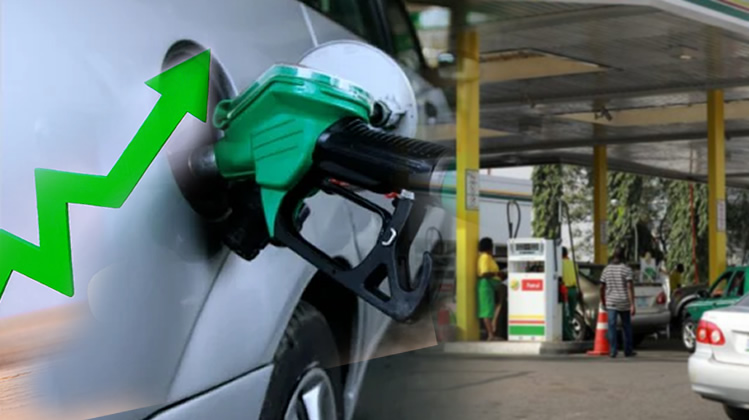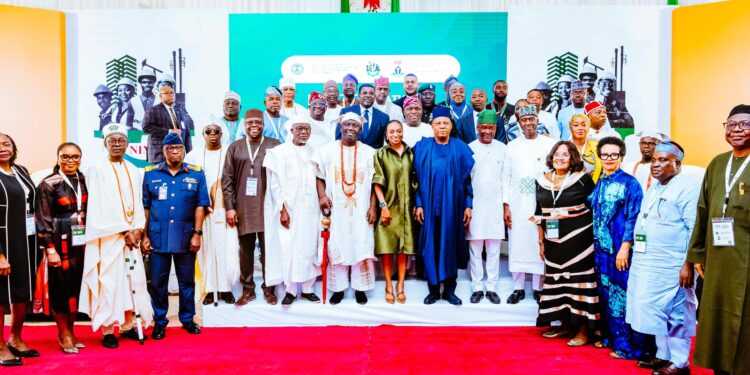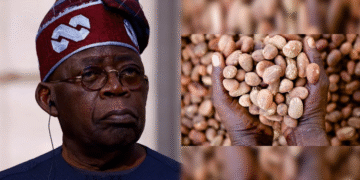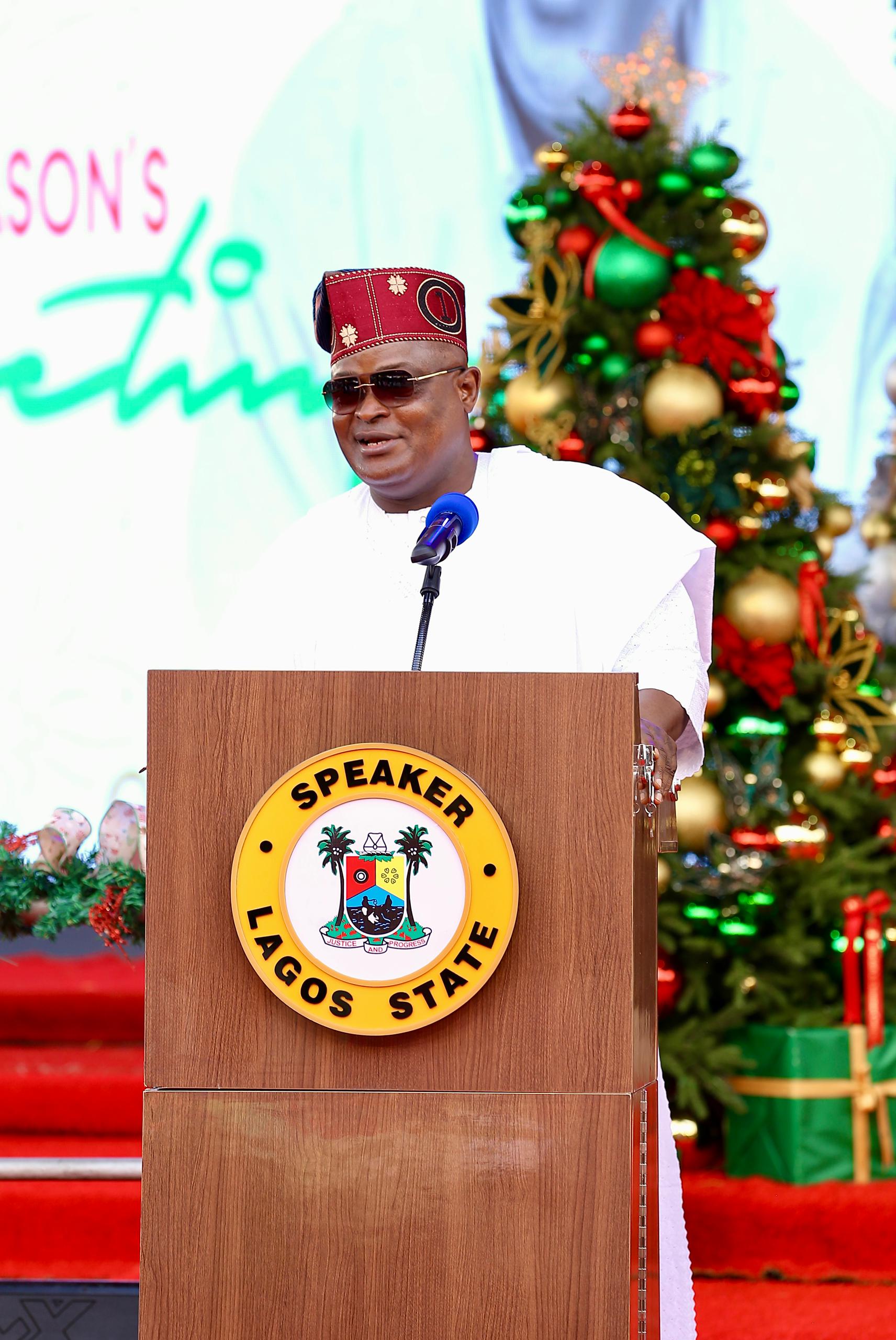Petrol import duty sparks fear as analysts and labour accuse Tinubu’s government of worsening inflation and favouring Dangote Refinery
Petrol import duty has become the centre of a growing national debate after President Bola Tinubu approved a 15 per cent tariff on petrol imports, a move critics say could worsen inflation and drive fuel prices beyond the reach of ordinary Nigerians.
Also read: Petroleum Ministry opposes decommissioning bill
The policy, contained in an October 21 directive to the Federal Inland Revenue Service and the Nigerian Midstream and Downstream Petroleum Regulatory Authority, orders the immediate enforcement of the new duty.
Government estimates suggest the levy could raise the landing cost of petrol by about ₦99.72 per litre, pushing pump prices in Lagos to nearly ₦965 per litre.
For millions of citizens already reeling from high food prices, erratic electricity, and soaring transport costs, the measure could deliver yet another painful blow.
Authorities insist the decision forms part of a broader strategy to boost revenue and protect local refining, but experts have branded it an anti-people policy that risks undermining economic stability.
Former Chief Economist of Zenith Bank, Marcel Okeke, said the duty could unleash a fresh round of cost-push inflation.
He said: “What we’ll likely see from this 15 per cent duty is inflation driven by costs.
The government says it wants to protect local refiners, but we have almost none. Only Dangote has managed to survive, and even he has complained of sabotage.”
Okeke urged the government to incentivise domestic refining instead of punishing importers.
“For a crude-rich nation like Nigeria, continuing to import petrol is an economic anomaly.
It drains foreign exchange, weakens the naira, and keeps prices tied to global volatility,” he said.
He added that creating an environment where local refiners can thrive through tax relief, infrastructure, and incentives would yield far greater long-term benefits.
The Nigeria Labour Congress (NLC) also condemned the move. Assistant Secretary-General Chris Onyeka described the new petrol import duty as “anti-people,” accusing the government of cloaking a protectionist agenda designed to favour the Dangote Refinery.
“Many people don’t understand what is going on. They say they want to protect domestic refineries. From who?” Onyeka asked.
“Public refineries are not working, and Dangote operates within an export processing zone — he’s not even bound by Nigerian laws.”
Onyeka argued that the new duty effectively tilts the market in favour of Dangote, granting him an unfair monopoly over the domestic fuel sector.
“Dangote refines locally, sells in naira, and uses cheap labour. Yet imported petrol, refined abroad at higher cost, still lands cheaper. So who exactly are we protecting?” he asked.
He warned that consumers would ultimately bear the burden.
“Once importers pay duties, they’ll pass the cost to Nigerians. There’s no real alternative — gas is costly, electricity unreliable, and many are forced to rely on firewood. That’s not how to build a modern economy,” Onyeka said.
The labour leader accused the administration of repeating a pattern of economic monopolisation.
“Dangote did it with sugar and salt; now it’s fuel. We warned that public refineries would be sidelined once his refinery came on stream, and that’s exactly what’s happening,” he said.
At $20 billion, the Dangote Refinery remains Nigeria’s only large-scale operational plant. Most government-owned refineries are still undergoing rehabilitation, while a handful of small modular refineries operate at limited capacity.
Also read: Nigeria imports 69% of petrol despite Dangote refinery output
Analysts warn that without swift adjustments, the petrol import duty could stoke further inflation, strain household budgets, and weaken purchasing power, leaving the government’s revenue ambitions overshadowed by public anger.
























